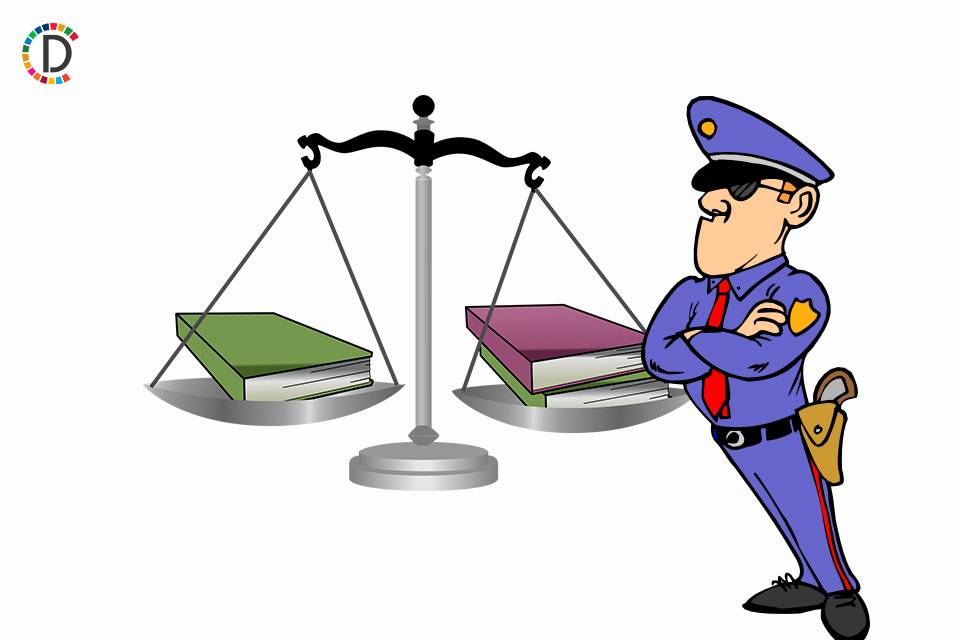Eighth Pay Commission: A New Dawn for Government Employees
Prime Minister Narendra Modi has approved the constitution of the 8th Pay Commission, set to revise salaries for approximately 50 lakh central government employees and allowances for 65 lakh pensioners. This follows a historical timeline of pay commissions, dating back to the first in 1946, aiming to improve pay structure and address disparities.

- Country:
- India
Narendra Modi, India's Prime Minister, greenlit the 8th Pay Commission on Thursday, offering a significant milestone for central government workers. The commission aims at revising the salaries of around 50 lakh employees and adjusting the allowances for 65 lakh pensioners. This significant move arrives amidst longstanding demands for wage adjustments.
The history of India's pay commissions stretches over several decades, with the first established in 1946, headed by Srinivasa Varadacharia. Over the years, each commission has aimed to refine the economic and social structure of government pay. Noteworthy, the 7th Pay Commission, led by Justice A K Mathur from 2014 to 2016, recommended a new pay matrix focusing on a harmonious work-life balance.
The upcoming 8th Pay Commission marks another chapter in this ongoing narrative, promising to address longstanding issues and modernize the state's remuneration system. Scheduled to convene officially on January 16, 2025, the commission will undoubtedly shape the future economic landscape of India's vast governmental workforce.
(With inputs from agencies.)










